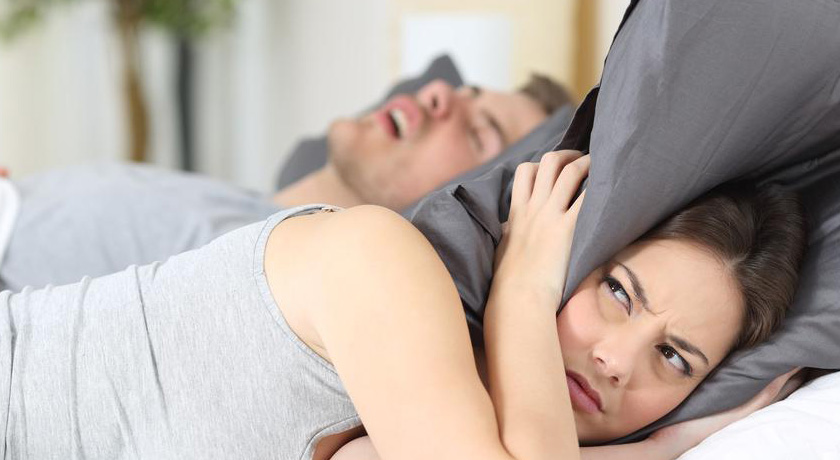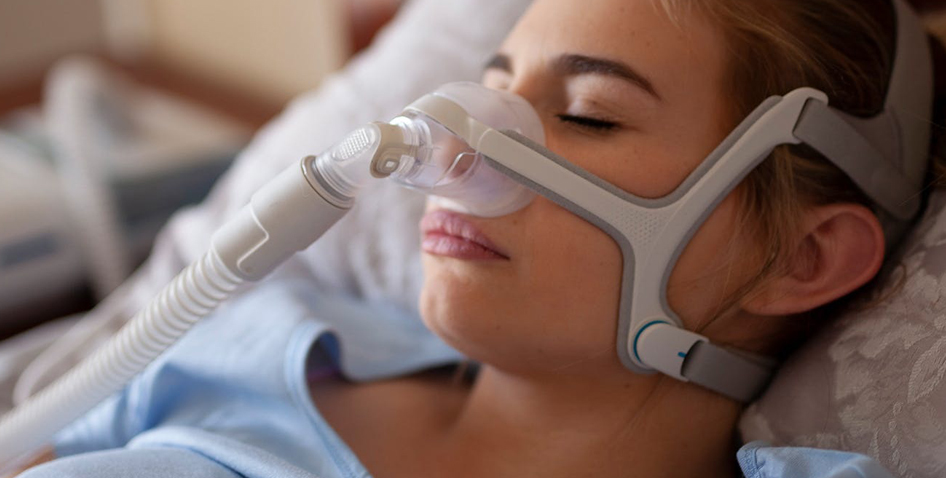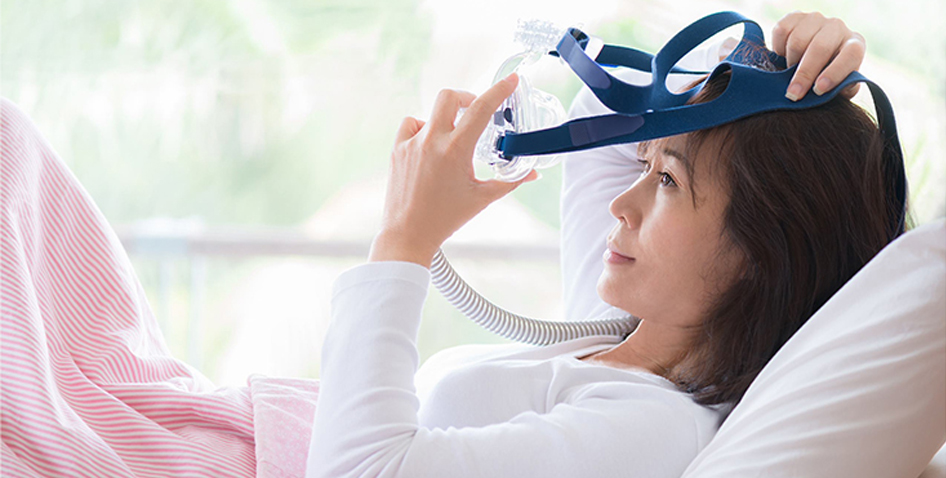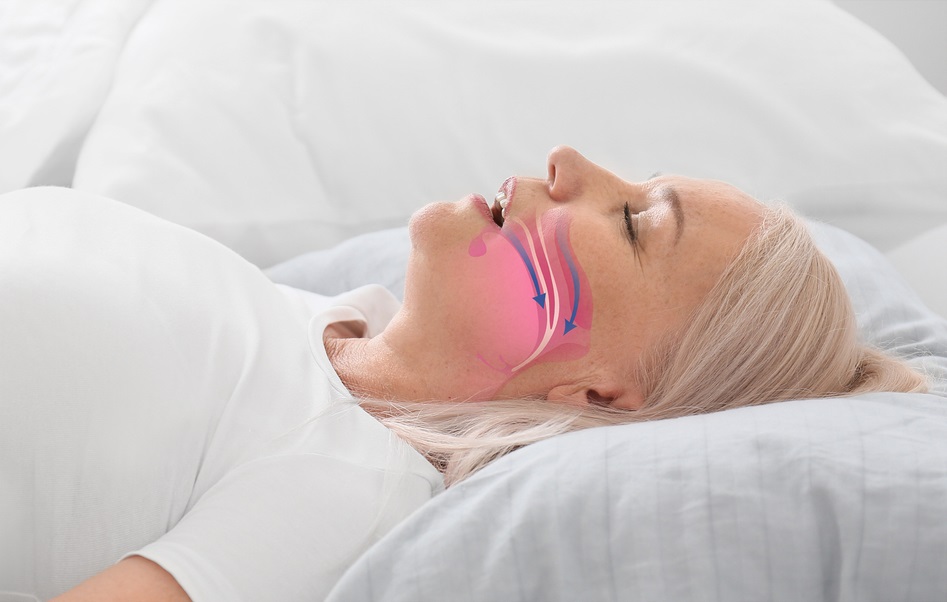What is Obstructive sleep apnea (OSA)?
OSA is a sleeping disorder whereby blocking of airway passage causes difficulty in breathing while asleep, causing loud snoring. Sometimes the breathing is so interrupted that the person wakes up again and again at night, causing lethargy and tiredness all day long. When tested, people suffering from OSA indicated severe heart rhythm irregularities which are not a good sign.
Different treatments for mild OSA:
Many people seek medical help, and rightly so when their partner complains about their snoring problem or they feel as if they are not sleeping well. Here are three clinically proven treatments for mild OSA.
CPAP machines: –
Another useful treatment for mild OSA, continuous positive airway pressure therapy helps keep the air pressure higher than that in the environment so that upper airway passage is unblocked at all times. This pressure is set at a constant level. The user has to wear a mask that must be comfortable and provide a good fit, otherwise one may find this treatment method quite cumbersome. Additionally, the sound of the machine can be irritating for some. However, after adjustment of mask and with a bit of practice, people get used to and treat their mild OSA to severe OSA problems using this therapy.
Hypoglossal nerve stimulator: –
This clinically proven treatment is suitable for those who do not see improvement after using CPAP. The device is implanted beneath the right side of the chest whose purpose is to electrically stimulate the hypoglossal nerve. The stimulation is coherent with breathing which moves forth the tongue, unblocking the upper airway passage alleviating sleep obstruction. The device is controlled with a remote so that the patient can put it on at bedtime. Being placed beneath the skin also relieves the patient from the discomfort associated with putting objects and devices on the face or in the mouth.
Anti-snoring devices: –
An anti-snoring device serves as an effective treatment for mild OSA. There are two kinds of anti-snoring devices. Depending on your medical condition, preference, and convenience you can choose anti-snoring devices.
1. Mandibular advancement device:-
This works by opening the throat by moving the lower jaw forward. This way airway passage is unblocked alleviating OSA.
2. Tongue retaining device: –
The tongue retaining device works by sending safe electrical currents to the tongue which help strengthen the muscles. This prevents the tongue from falling back to the throat which causes the blockage of the airway passage.
Performing any of the therapies consistently for a period of six to eight weeks shall bring the desired improvement in the condition. Anti-snoring devices are daytime therapy so you can use them anywhere, be it the workplace or home to treat the problem. Moreover, you do not have to put on the device at a sleeping time which is usually a problem with other types of therapies. To get the best result you need to work in coordination with your dentist and sleep specialist as they would help you find the best fit leading to the most effective treatment for mild OSA.
Why is OSA a big problem?
Many people do not even realize that they suffer from OSA. However, it is very important to pay attention to sleep quality for a healthy life. When a person is not able to have sound sleep as in the case of OSA, the whole day he feels tired and restless. Mood swings become common and he is not able to concentrate well. Performance at the workplace and even personal life is put at risk. Apart from this, OSA interrupts oxygen supply to vital organs of the body, especially interfering with the functioning of the heart. When the heart is less effective in performing its job due to increased burden, its structure changes permanently over some time. This leads to harmful diseases including increased blood pressure and cardiovascular problems. Sudden heart failure is commonly associated with OSA. People suffering from OSA are also prone to becoming diabetic. Moreover, people suffering from OSA tend to go into depression. Therefore, it is highly advisable to observe one’s sleep cycle and pattern and seek medical help to cure mild OSA before it gets worse.




